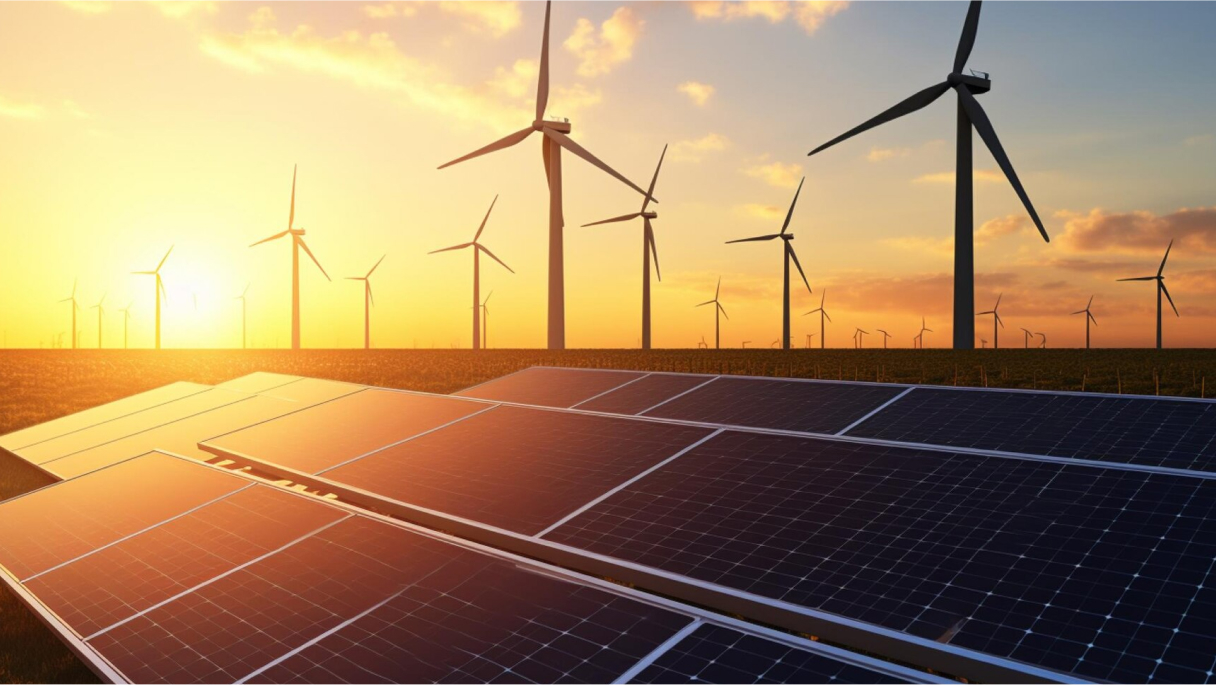The Brazilian Electricity Regulatory Agency (ANEEL) will launch a public consultation process from June 16 to July 31, 2023, to gather input from society to enhance the rules and procedures related to the end of discounts applied to the Transmission System Usage Tariffs (TUST) and Distribution System Usage Tariffs (TUSD) for incentivized energy sources, such as hydroelectric, solar, wind, biomass, or qualified cogeneration.
The TUST is the tariff related to the use of electric power transmission lines, which are responsible for transporting energy generated by power plants to distributors and large consumers. These transmission lines are owned by energy transmission companies and are essential for ensuring electricity supply across different regions of the country.
On the other hand, the TUSD is the tariff related to the use of electricity distribution networks. These networks are responsible for delivering electric power from the distribution company to end consumers, such as homes, businesses, and industries. The TUSD is charged to cover the investments made in building, operating, and maintaining these distribution networks.
It is important to note that TUST and TUSD tariff rates may vary depending on the amount of energy consumed and each consumer unit’s consumption profile. These tariffs are regulated by ANEEL and are subject to periodic reviews to ensure appropriate values and the sustainability of the electric sector.
The discount on TUST and TUSD tariffs aimed to make projects using incentivized (clean) energy sources more attractive, starting in 1996 with Law No. 9,648, which established a minimum 50% discount on these tariffs for Small Hydroelectric Plants (PCHs). This measure was taken as a way to promote the use of renewable energy and diversify the country’s energy matrix, reducing dependence on non-renewable and conventional sources, such as fossil fuels.
However, with the enactment of Law No. 14,120/2021, which amended Law No. 9,427/1996, transition rules were established for the end of the discount on TUST and TUSD tariffs. For certain projects seeking to obtain the discount in time, it was necessary to apply for a grant within 12 months from the publication of Law No. 14,120/2021 — that is, by March 2, 2022 — and to begin operating all generating units within 48 months after the grant’s publication. Those seeking to increase installed capacity also needed to apply for an amendment to the grant within the same period and to begin operating the generating units associated with the capacity increase within 48 months after the amendment’s authorization.
For hydroelectric generation projects with an installed capacity of up to 30 MW, Law No. 14,120/2021 provided a 50% discount for 5 years and 25% for an additional 5 years from the publication date of Law No. 14,120/2021, provided they were not — and still have not been — transferred to third parties. It is worth noting that in line with Law No. 14,120/2021, Normative Resolution No. 1,031/2022 established transition rules for ending these discounts, stipulating that projects based on solar, wind, biomass, and qualified cogeneration sources, whose authorizations are extended, will no longer benefit from the reduced tariffs.
The public consultation opened by ANEEL is an opportunity for society to contribute suggestions and opinions on this topic, aiming to improve the rules while ensuring transparency and stakeholder participation in the decision-making process.


